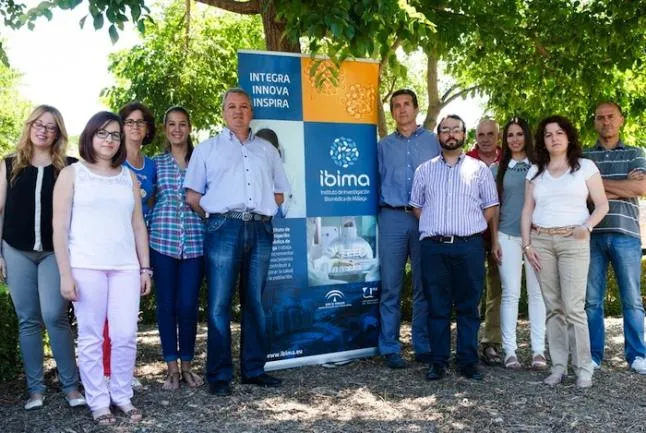Malaga researchers show that their daily consumption reduces vascular problems.
Researchers from the Biomedical Research Institute of Malaga (Ibima) have found that the daily consumption of the equivalent of three tablespoons of the famous liquid gold reduces the vascular problems associated with this chronic disease and could even avoid them in the case of a specific typology.The study has been published in the Journal of Nutritional Biochemistry.
Researchers of the Translation Research Group in Cardiovascular Disease of the University of Malaga? Integrated in the Biomedical Research Institute of Malaga (Ibima), in collaboration with the Food Biotechnology Research Group: Cell wall, of the Institute of Fat (CSIC),They have shown that the daily consumption of extra virgin olive oil reduces the vascular problems associated with diabetes.
The Discover Foundation reported that experts have found that the daily consumption of hydroxytitus, a polyphenol present in extra virgin olive oil, minimizes or even could avoid vascular problems linked to diabetes mellitus.The trials have been proven in rats that this pathology had induced them.
The novelty of this study, published in the Journal of Nutritional Biochemistry under the name "Effects of Hydroxytyosol on Cardiovascular Biomarkers in Experimental Diabetes Mellitus", lies in verifying that the continuous intake of hydroxytitusol in low doses, between 0.5 and 2,5 milligrams are enough for a decrease in vascular inflammation or vasculopathies linked to diabetes mellitus.This substance can be ingested through extra virgin olive oil.
To appreciate the benefits, it is necessary to take it in raw and in daily amounts of between 30 and 40 milliliters, which is equivalent to about three tablespoons approximately.
«The key to leaving or avoiding the appearance of diabetic vascular disease is to apply this component since the pathology is diagnosed, since it is not that the symptoms can be reversed once produced, but to reduce and cause the progression», Explained one of the researchers responsible for the study of the University of Malaga, José Antonio González-Correa.
Hydroxythychosol is a type of phenolic compound with high antioxidant capacity, which is naturally found in olive oil and olive.Previous studies point out that it has various biological effects, among which the decline in the risk of cardiovascular diseases, prevention against the appearance of certain types of cancer, as well as anti -inflammatory and anti -infectious properties.
The main objective of this work, partly financed by the Progress and Health Foundation of the Junta de Andalucía and by the Ministry of Economy and Competitiveness (Mineco), has it been to determine the influence of different doses of hydroxytosol? Managed orally?on cardiovascular inflammation biomarkers."Specifically, those related to oxidative damage processes have been studied, associated with cellular toxicity or death and involved in diabetic vasculopathy and blood vessel disease," González-Correa nuanced.
Experimental model.This study has been carried out in an experimental model in rats.Thus, it has worked with seven groups of ten copies.One formed by non -diabetic animals, called controls.Another composed of diabetic animals to which a saline solution has been provided.Another five of diabetic rats treated with different doses of hydroxythritic, to determine the exact amount from which this substance begins to be effective.
This last set of animals controlspatients have received intakes of 0.5, 1, 2.5, 5 and 10 milligrams of polyphenol.Taking into account that a tablespoon of dessert has a capacity of five milligrams, the amounts they have received range from the tenth of a small spoon, two of these.
The results show that in the case of diabetic animals there is an increase in biomarkers related to vascular disease and a reduction of two vasodilator substances: nitric oxide and prostaciclin.


